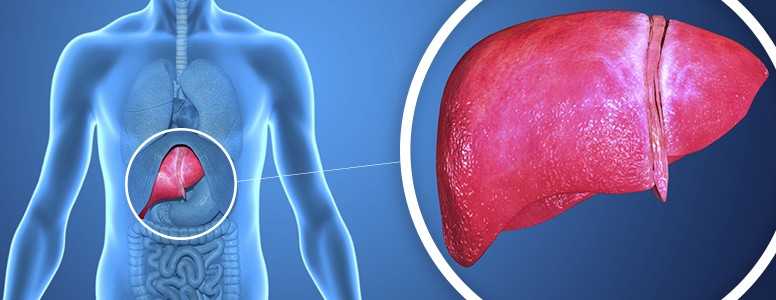People with type 2 diabetes have more than five times the risk of developing a condition known as non-alcoholic fatty liver disease (NAFLD), according to a UK study.
NAFLD is a serious condition caused by an accumulation of fat within the liver that can impair how the liver functions.
The study was carried out by researchers from the University of Edinburgh and the University of Southampton. The team reviewed diabetes, hospital, cancer and death records from people aged 40-89 years old, living in Scotland between the years of 2004 and 2013. These health records, which included people with and without diabetes, were then searched for the presence of chronic liver disease (CLD).
The results of the study showed that people with type 2 diabetes were 5.36 times as likely to develop NAFLD than people without type 2 diabetes.
The study showed that women were less likely to develop CLD than men. However, women with type 2 diabetes have a significantly greater risk of developing CLD than women without diabetes.
NAFLD is treated with lifestyle changes that are similar to the lifestyle changes for type 2 diabetes. A particularly important part of the lifestyle changes for NAFLD is to avoid drinking alcohol.
The increased risk of NAFLD in people with type 2 diabetes is to be expected as both conditions share a number of key risk factors. Being inactive and having a poor quality diet, such as relying on processed food and sugary foods and drink is one of the risk factors. However, NAFLD can also be brought on by certain medications, notably by a course of high doses of steroids.
The researchers note that as the rate of type 2 diabetes has risen very significantly in recent decades, there is likely to be a similar rise in cases of NAFLD. This would result in increased hospital admissions and increased cost to the NHS.
The findings underline how important it is for people with type 2 diabetes to be given education and guidance towards living a healthy lifestyle to prevent liver disease from developing.
The study was published in the Journal of Hepatology and received funding from the Scottish Government through the Scottish Diabetes Group.
What's new on the forum? ⭐️
Get our free newsletters
Stay up to date with the latest news, research and breakthroughs.



